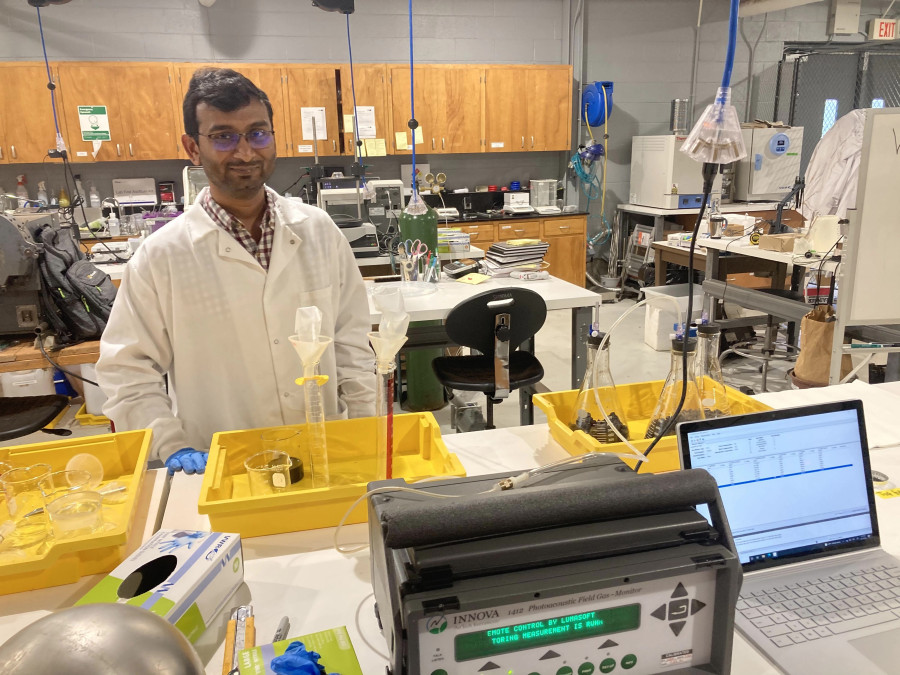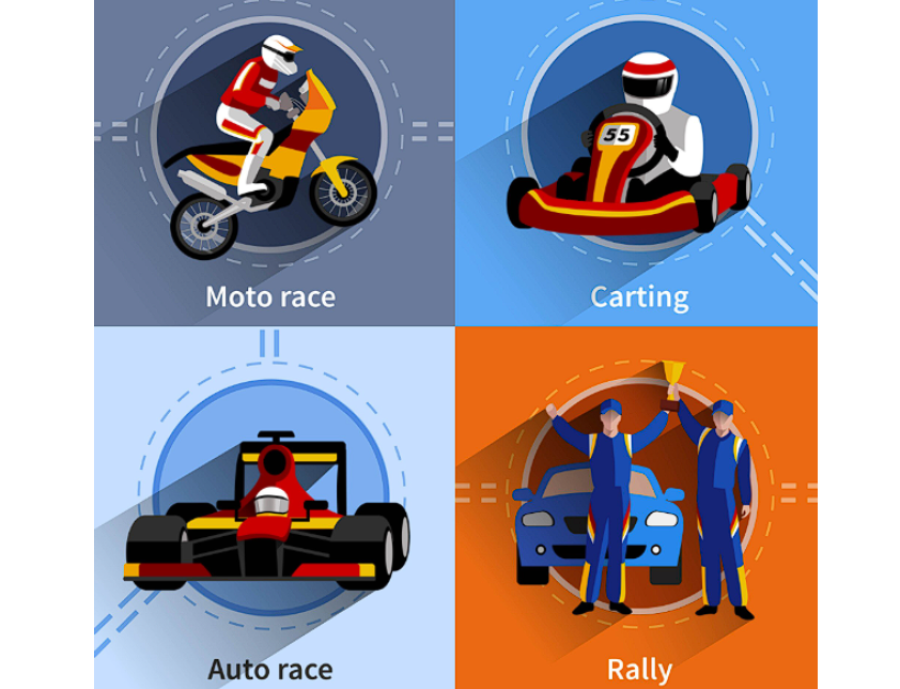According to The Ethics of Using Artificial Intelligence in Scientific Research: New Guidance Needed for a New Tool research, AI seems to have endless possibilities in research and learning. In the coming years, it’s likely to completely change the way scientists make discoveries and come up with new ideas. After all, it can do literally anything. With artificial intelligence, literature reviews get automated, massive datasets are analyzed at the speed of light, while codes and texts are generated upon your request. Whether it’s a lab, classroom, or library, smart tech is already there.
But as machines are getting smarter and smarter in 2025, the ethical debates surrounding their use are getting hotter and hotter. So it is no wonder that researchers are now asking - how can we use AI responsibly and fairly to keep our work honest and creative?
AI in the Research Landscape of 2025
The presence of artificial power in academia is not news anymore. In all existing fields of study, researchers benefit from language models to draft proposals, data-driven algorithms to detect patterns in genomic datasets, and machine learning systems to simulate environmental change or social behavior. They use generative AI tools, like large language models (LLMs) to edit, summarize, and translate scholarly writing.
It looks like AI has made the dullest tasks easier. The end of the story? Not really. While this integration of the cyber mind into academia is pretty transformative, it actually challenges long-standing academic norms about authorship, originality, and peer review. Universities, publishers, and various funding agencies work non-stop to update their policies, trying to preserve trust in the research process while getting the benefits that AI’s potential comes with.
The Big Ethical Questions
Yes, they do exist.
Whether you are using the following AI essay writing tool to produce quality academic texts or any other instrument to perform scientific research, the tough ethics stuff arises, and we need to talk about it.
Transparency and disclosure
One of the most important things (when it comes to ethics) is being open and transparent. If you’re a researcher, you must disclose how and where exactly you used artificial intelligence in your work. It can be anything, from data analysis to writing assistance and visualization, but you have to specify that. If your work lacks transparency, it thus misleads your target readers, undermining the reproducibility of research. Most journals in 2025 require you to provide explicit statements detailing where AI was involved in your research manuscripts and methods sections. Remember that as you progress with your scientific work.
Bias, fairness, and representation
The data that you receive from artificial intelligence is the data it is trained on. As a rule, this data includes cultural and historical biases. The very moment they somehow appear in your research (especially if you’re engaged in healthcare, sociology, and linguistics), they can change the results and make existing inequalities even worse. If you can proudly say that you are in the camp of ethically responsible researchers, you have to actively test for bias. Make sure your piece contains diverse data representation, especially when working with global or marginalized populations. You’ll thank yourself later.
AI can lie
Oops! If you thought AI was almighty…well, it is. However, it is not perfect. The reality is that artificial intelligence can misquote studies, fabricate citations, or/and invent data points. Sounds terrible. And in the world of academia, it is extra-terrible. This kind of ‘bug’ is a serious ethical hazard. To avoid any kind of misunderstanding, never blindly trust content that a machine created for you. If you do, chances are misinformation can enter the scholarly record. That is why you have to guarantee human oversight. It means you have to meticulously fact-check, ask for peer validation, and verification. As simple as that.
Authorship, credit, intellectual property
…and other complex bla-bla terms.
Should artificial intelligence be called an author? The majority of institutions, researchers, and publishers will say absolutely not. After all, authorship is totally about intellectual accountability. Can AI boast of having that quality? You know the answer, right? The ethical rule here is to treat AI as a tool, not a co-writer of your research work. And do not forget to give proper acknowledgment while maintaining human responsibility for all intellectual contributions you make.
Privacy and security of data
If you’re using artificial intelligence on sensitive data in your research work, privacy concerns become a problem. What we mean by sensitive data is participant information, unpublished manuscripts, proprietary datasets, and so on. If you let AI ‘know’ your work, keep in mind that it sends input data to external servers, risking exposure. When it comes to the ethical use of AI, you have to verify data handling policies, make personal information as anonymous as possible, and always get people’s permission if their information is involved.
AI’s impact on the planet
Vast energy resources are being used for training and deploying large AI models. As sustainability becomes our key philosophy in 2025, researchers are being encouraged to think about the carbon footprint of their tech and choose AI tools that use energy more efficiently.
Relying too much on AI and losing our skills
Artificial intelligence is so convenient! That’s a great benefit for researchers stuck in a hectic routine. However, using smart tech can dull critical thinking and writing abilities. If researchers rely too heavily on automated tools, it can make academic work look the same and reduce originality. Use AI ethically. And by ‘using ethically’ we mean using AI to improve human insight and creativity. Never use a machine to replace those!
New ethical rules and guidelines (2024–2025)
Now that you know all the challenges we discussed above, let’s take a look at some of the emerging ethical frameworks and guidelines as a response to the AI-problems.
Cambridge University Press & Oxford University have implemented ethical guidelines for using Large Language Models in academic writing. According to their policies, they emphasize human oversight, verification, and disclosure.
European policy bodies provided the document called Towards the EU Strategy on AI in Science (PDF). In this document, they call for a complete plan to encourage AI use in science in a way that’s ethical, sustainable, inclusive, and focused on people.
Each of these initiatives is a signal that should be considered a shift from reacting to problems to actively guiding AI use, recognizing that ethics needs to grow alongside technology.
Education + Rules
Artificial intelligence is getting more and more capable across all existing niches. Whether it is designing experiments, writing code, or reviewing manuscripts that you’re busy with in your research routine, the thin line between help and authorship is going to blur more and more. That is why the future of research ethics will be based on two forces. The first is creating special rules to ensure fairness and accountability. The second - education - to help people understand AI’s role critically. The challenge is not only to avoid any sort of potential harm, but to make sure artificial intelligence boosts the depth, variety, and human touch in research.









